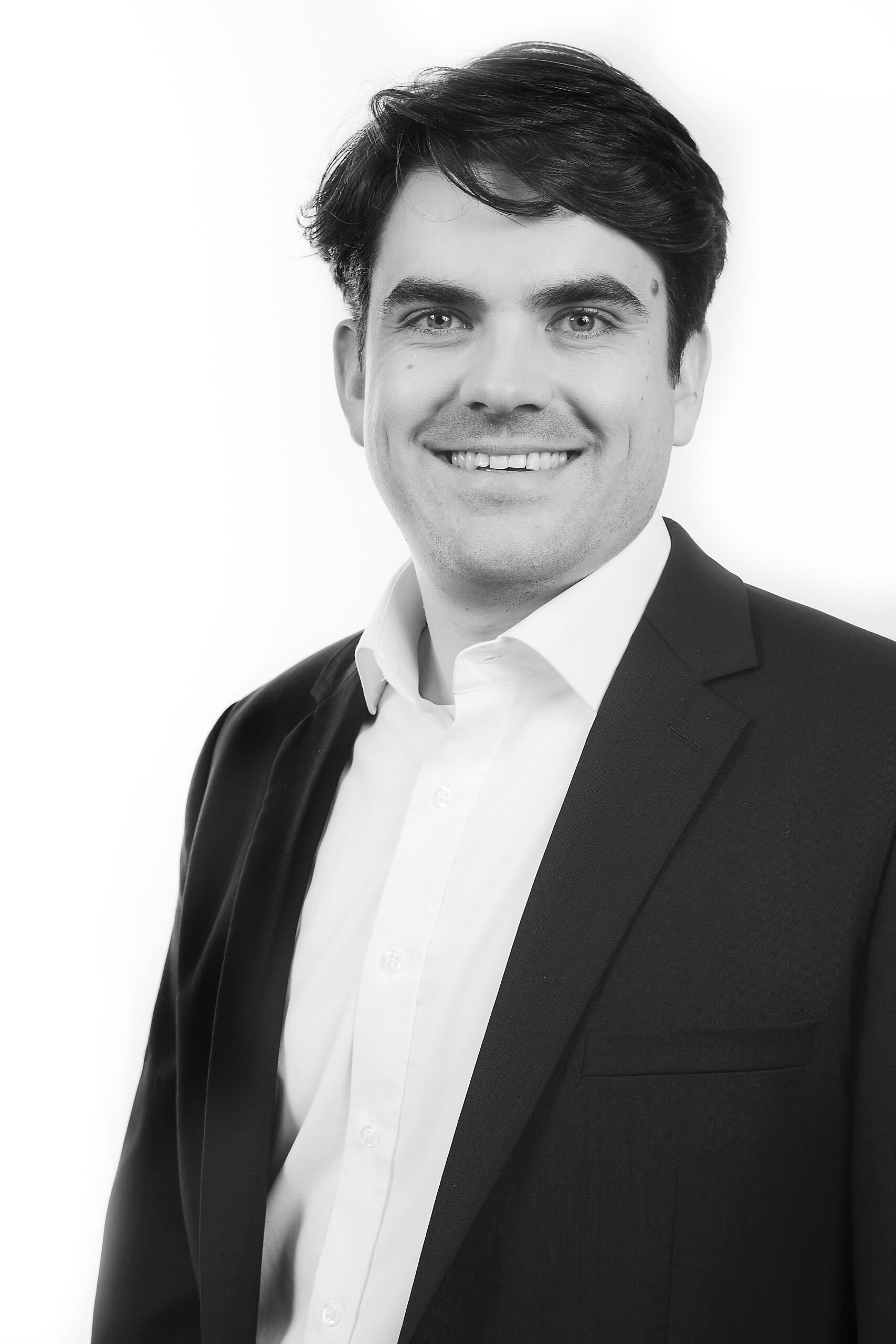EUKI Project Interview: Smart Climate Cities
by GIZ/EUKI,
For our EUKI brochure, we spoke with Benno Keppner from adelphi about the EUKI project Smart Climate Cities. The project aims to foster the development of sustainable and climate-friendly smart city concepts by creating a dialogue platform for Baltic and German cities. The interview is part of the EUKI brochure published in 2021.

Smart Climate Cities – connecting Smart Cities and climate action – what exactly does this mean?
Smart Climate Cities is a concept for cities of the future, where cities use digital technology to support the socioecological transformation that is needed to make cities climate-neutral by 2050. Smart concepts were developed for the governance of cities as well as for infrastructures such as the mobility and energy sectors, aligning the process of formulating smart solutions with urban climate action.

What was your goal, and how did you aim to achieve it?
We wanted more municipalities to implement smart, climate-friendly solutions. To achieve this, we facilitated exchange between Baltic and German municipalities. The initial idea was to meet in Lithuania, Latvia, Estonia and Germany. Due to COVID-19, we changed the format and hosted a series of web seminars instead. These seminars had different formats – from interactive workshops with virtual break-out groups to presentations by scientists and city representatives. We already held nine web seminars with over 28 speakers and 167 participants as well as a final seminar in which we focused on policy recommendations. We documented the discussions and cases presented in the online seminars and made them available on our website, so cities can access material that supports them in becoming Smart Climate Cities.
“It’s important to always include the different perspectives of different people – to take the time to learn about the communities and the differences that exist between them.”
Benno Keppner, adelphi research gGmbH
What can other climate actors learn from you?
One lesson we learned is that it is important to anchor climate action in central Smart City documents and include concrete climate-related objectives that define targets and timelines. A climate check should always be conducted when designing smart solutions – that is, asking whether the smart solution actually addresses the city’s central climate problems.
Something we have also experienced throughout the project was how important it is to always integrate different perspectives from different people – to always have room for finding out about communities and the differences between them. This is immensely important, otherwise you will not get a real exchange. We really want to continue this facilitating role in the future, and possibly even broaden our focus to, for example, exploring the potential of digital technologies in times of a pandemic.
